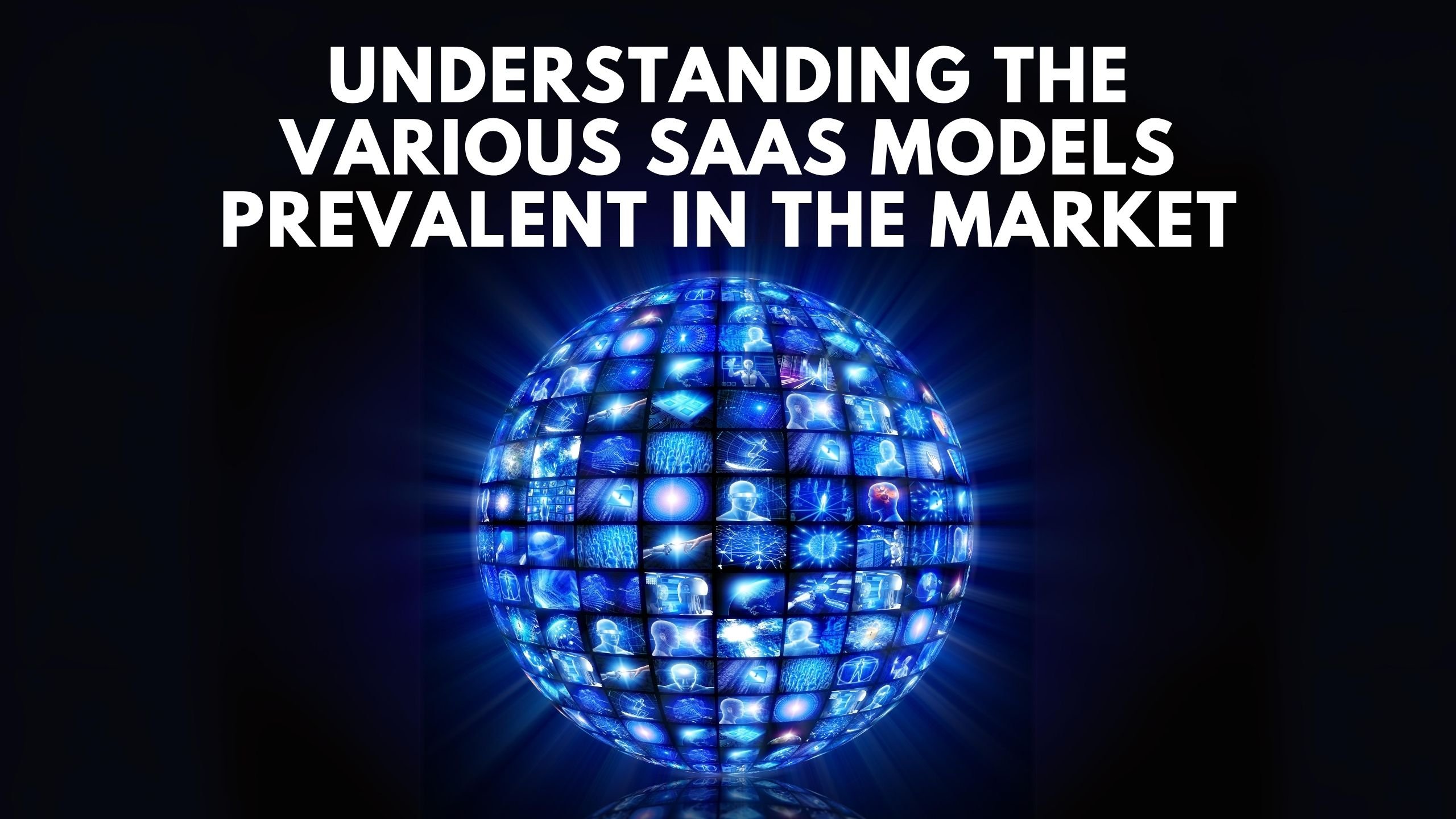Understanding the Various SaaS Models Prevalent in the Market
- Expense Management Software Credit Cards Investing Business Solutions


Understanding the Various SaaS Models Prevalent in the Market
In the ever-evolving landscape of software solutions, Software as a Service (SaaS) has emerged as a dominant model, providing businesses with scalable and cost-effective tools. This article delves into the diverse SaaS models prevalent in the market, offering insights into their functionalities. Additionally, we’ll introduce relevant SaaS products to exemplify each model, catering to the query: “What are SaaS models?”
Unveiling the SaaS Models
1. Single-Tenant SaaS
Description: Single-tenant SaaS provides dedicated instances of software to individual users or organizations. Each tenant enjoys a customized environment, ensuring data isolation and tailored configurations.
Relevant Product: Salesforce
Why It’s Relevant: Salesforce, a customer relationship management (CRM) platform, exemplifies single-tenant SaaS by offering personalized CRM solutions tailored to each client’s unique needs.
2. Multi-Tenant SaaS
Description: Multi-tenant SaaS serves multiple users or organizations from a shared infrastructure. Users access the same software application but with data separation and customization options.
Relevant Product: Microsoft 365
Why It’s Relevant: Microsoft 365 provides a suite of productivity tools, showcasing multi-tenancy by enabling users worldwide to access shared applications while maintaining individualized data.
3. Public Cloud SaaS
Public Cloud SaaS delivers software applications over the internet, utilizing a cloud infrastructure. Users can access the software from any device with an internet connection.
Relevant Product: Google Workspace
Why It’s Relevant: Google Workspace, a cloud-based suite, exemplifies public cloud SaaS, offering collaborative tools like Gmail, Docs, and Sheets accessible online.
4. Private Cloud SaaS:
Private Cloud SaaS operates on a cloud infrastructure dedicated to a single organization. It provides the benefits of cloud computing within a secure and isolated environment.
Relevant Product: Adobe Creative Cloud for Teams
Why It’s Relevant: Adobe Creative Cloud for Teams showcases private cloud SaaS, allowing creative professionals to collaborate securely within a dedicated cloud environment.
5. Hybrid Cloud SaaS:
Description: Hybrid Cloud SaaS integrates both on-premises and cloud-based solutions, providing flexibility and data deployment options.
Relevant Product: HubSpot
Why It’s Relevant: HubSpot’s hybrid approach allows businesses to manage marketing and sales activities seamlessly, combining on-premises data control with cloud-based accessibility.
Conclusion
Understanding the diverse SaaS models empowers businesses to choose solutions aligning with their specific requirements. Whether opting for single-tenant, multi-tenant, public cloud, private cloud, or hybrid models, each offers unique advantages tailored to different organizational needs.
Elevate Your SaaS Experience with Subscribed.fyi
Unlock the full potential of your SaaS stack with Subscribed.fyi. Sign up for free to access exclusive deals, compare tools, and manage your subscriptions effortlessly. Save big and make informed decisions on your SaaS journey.








